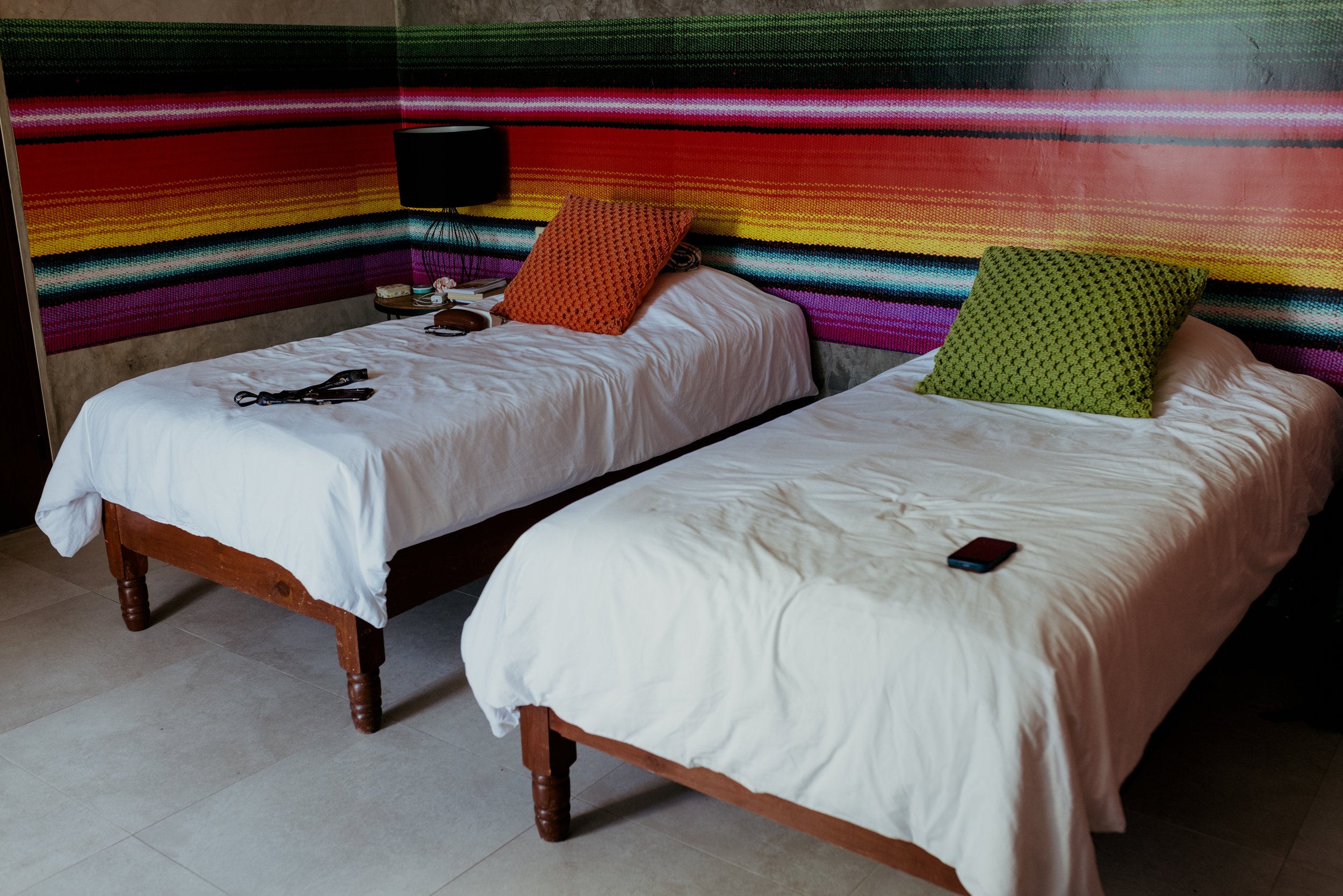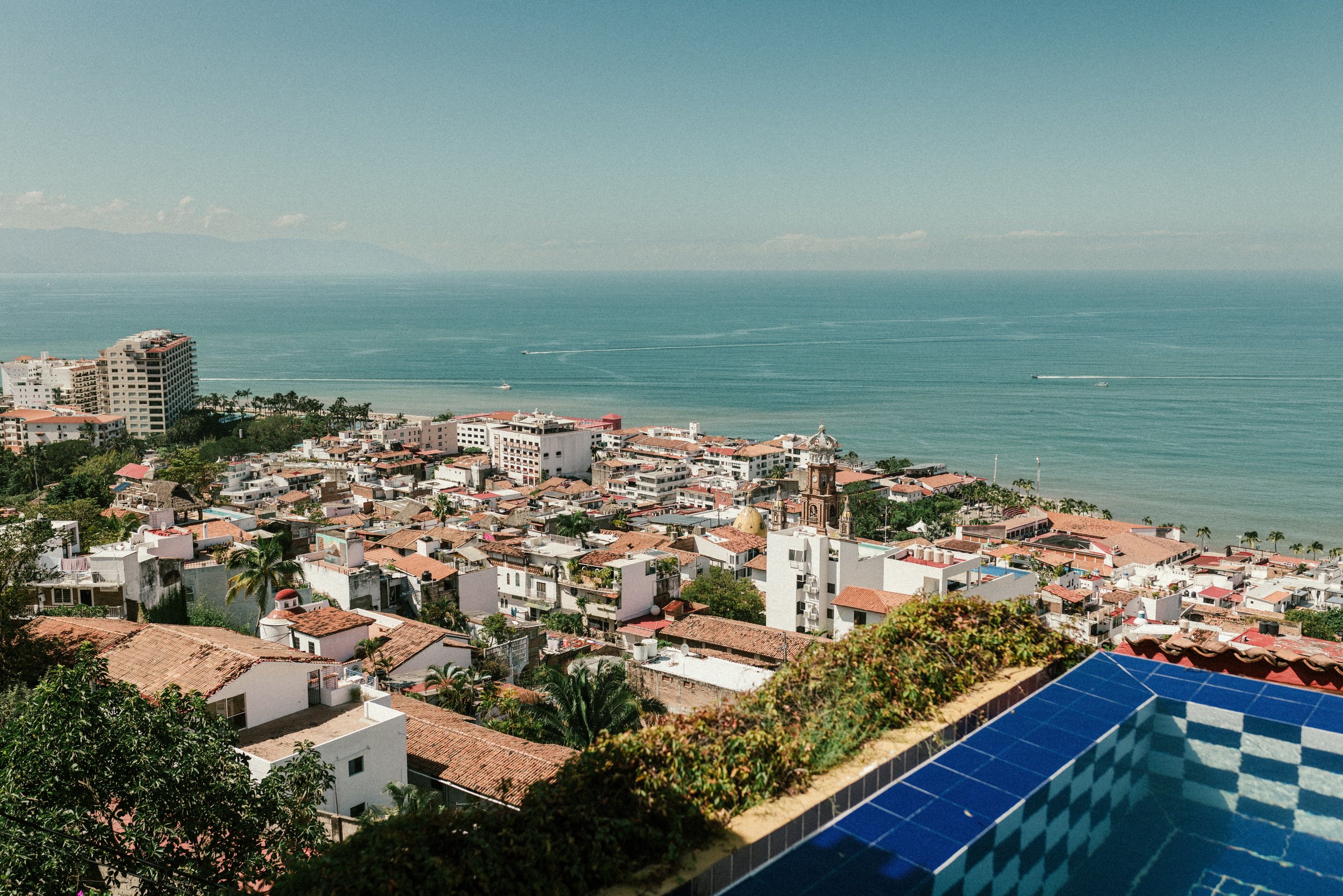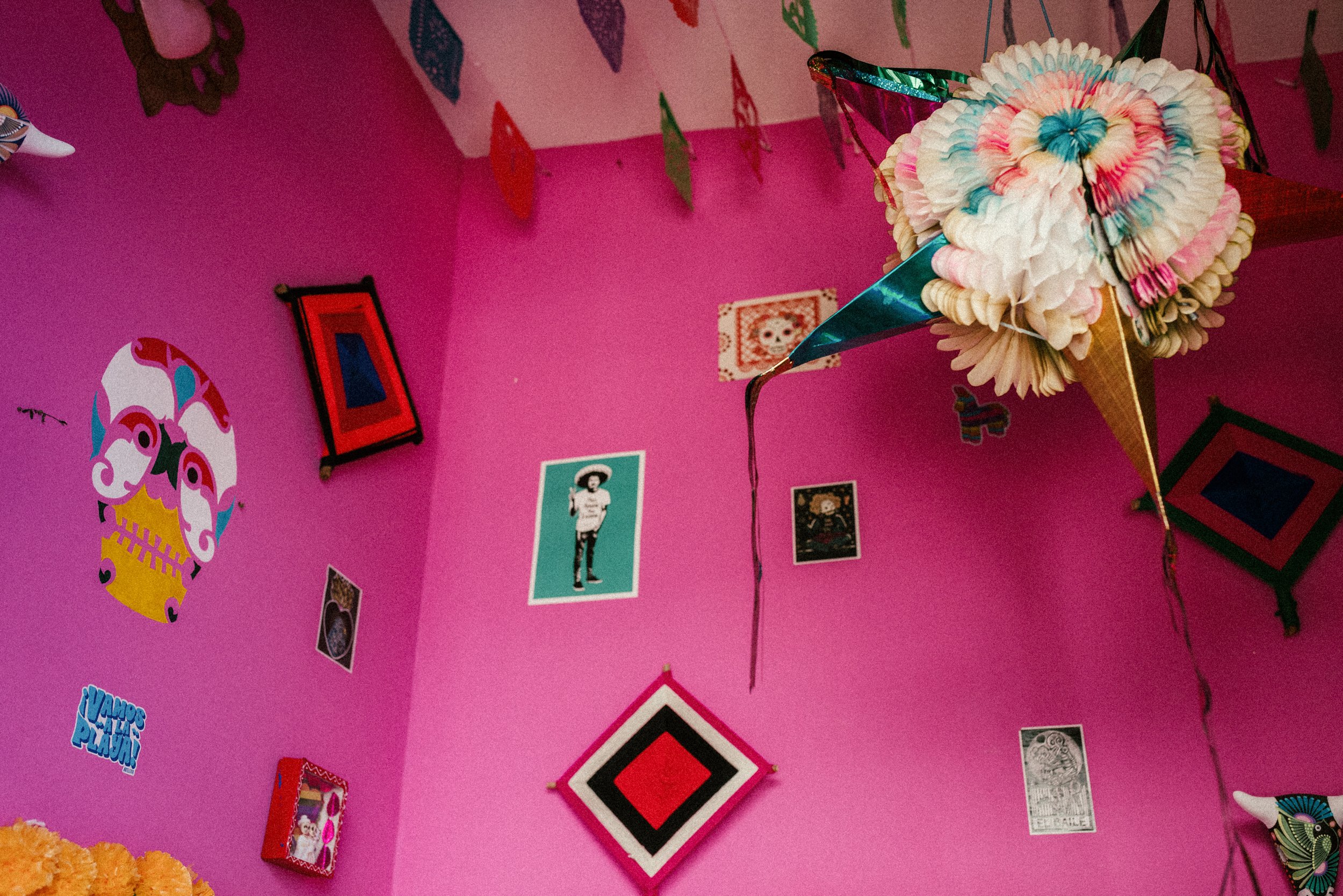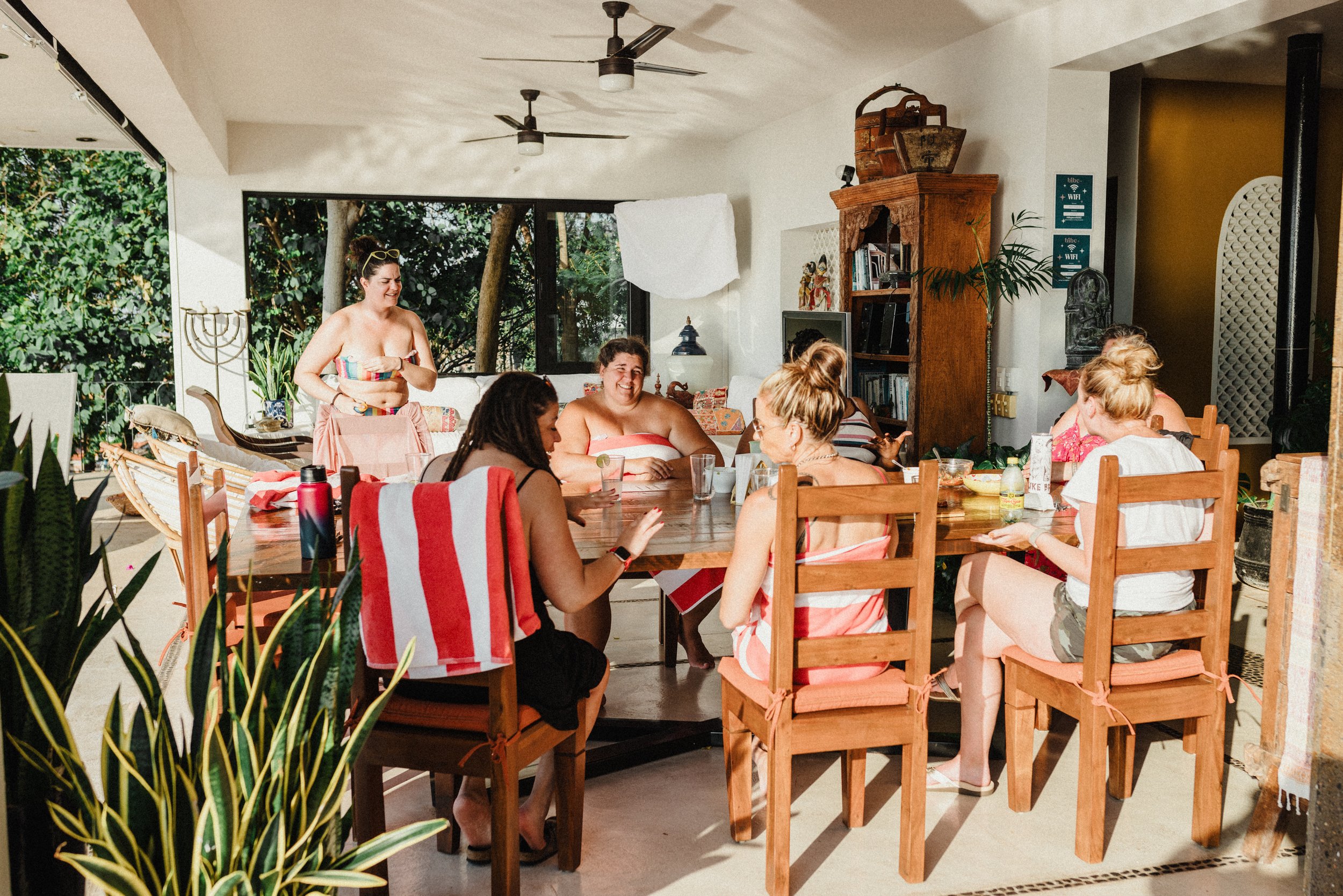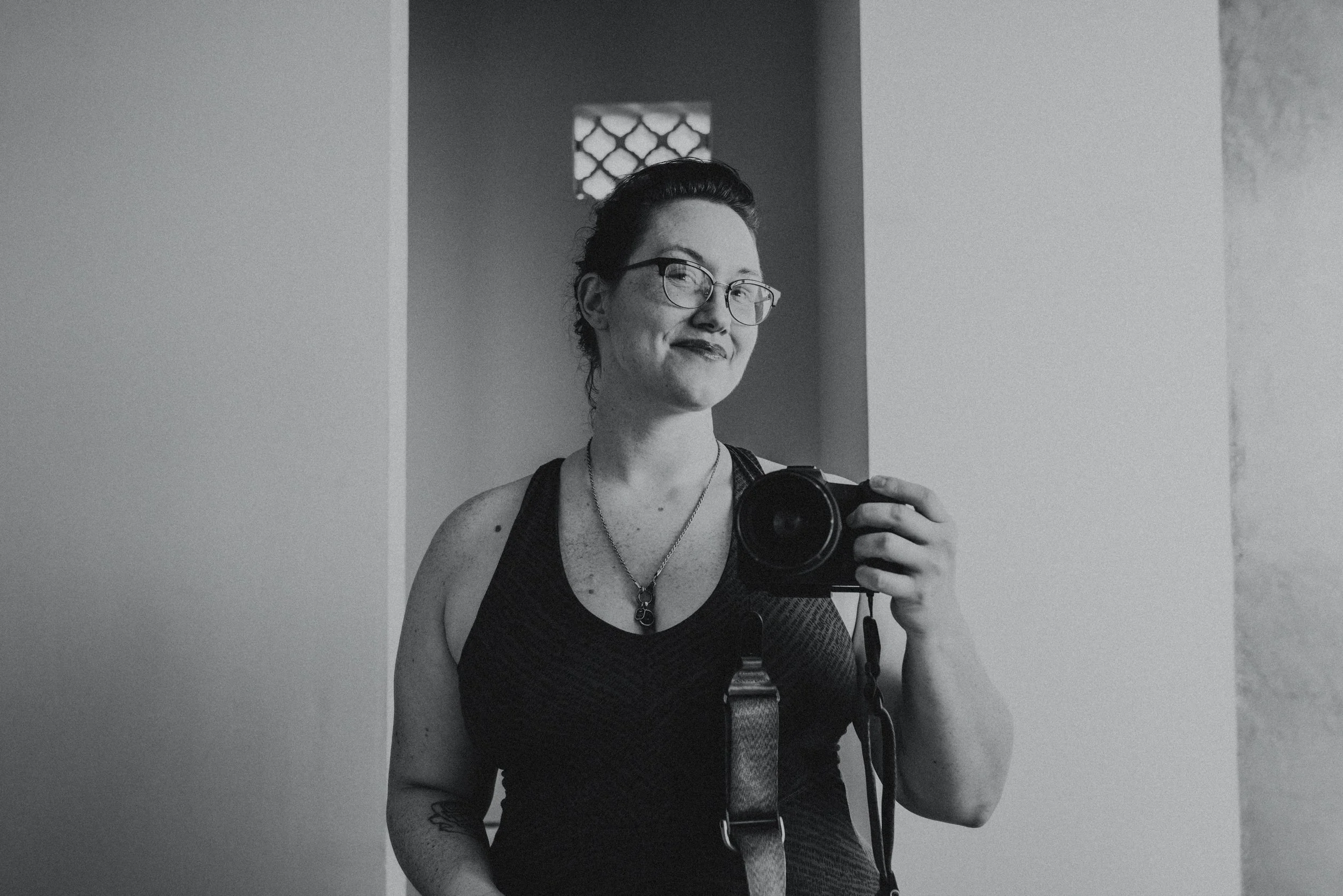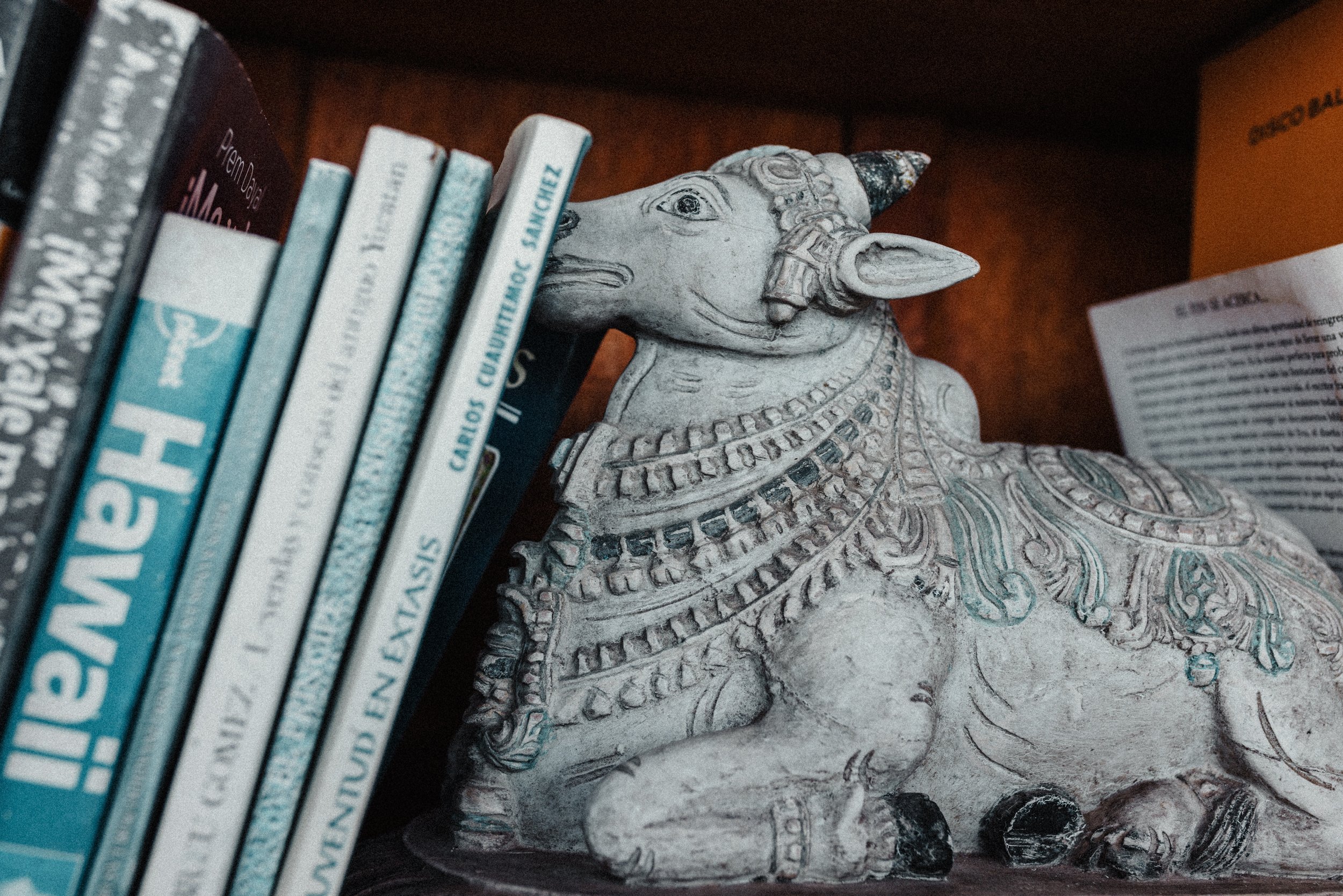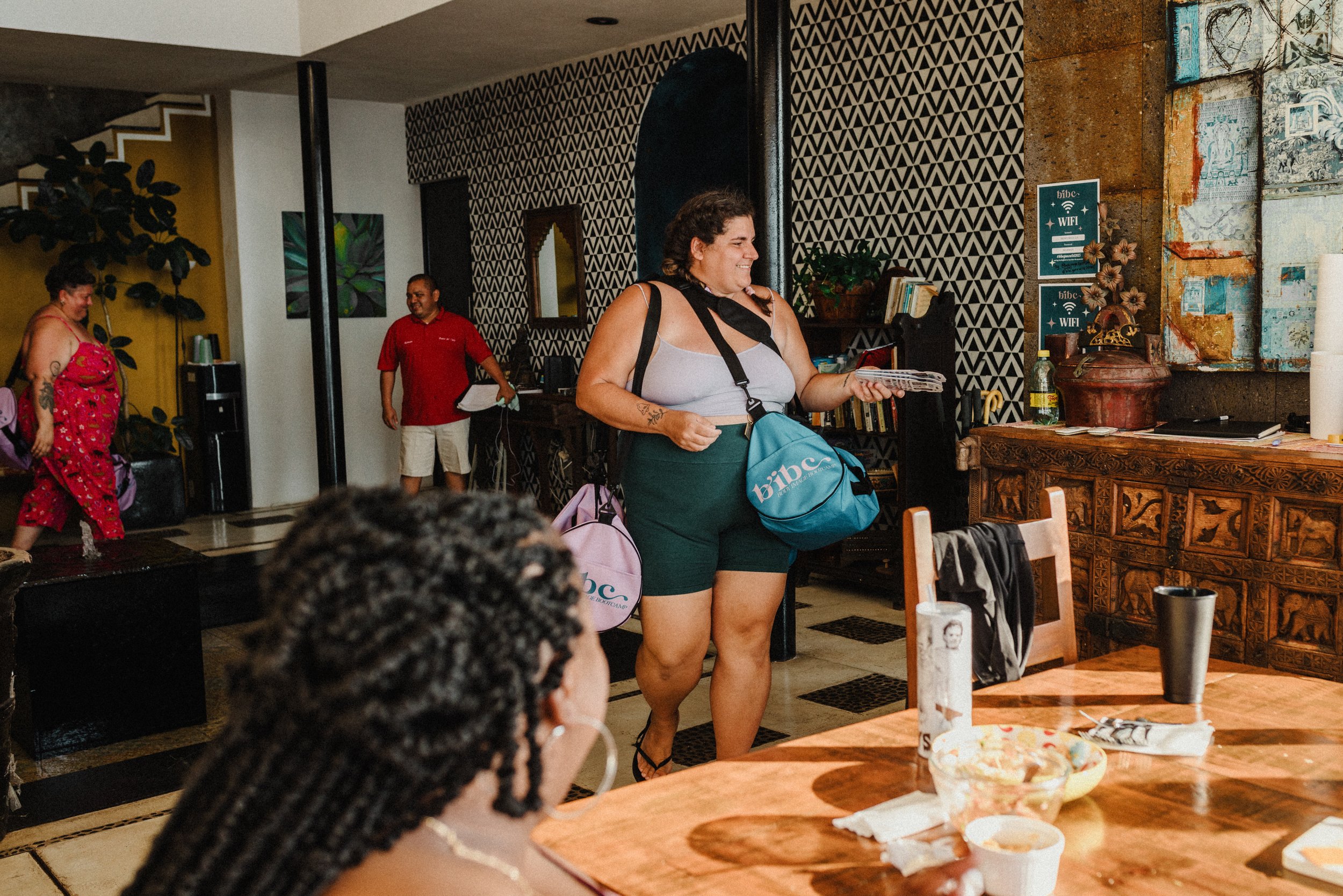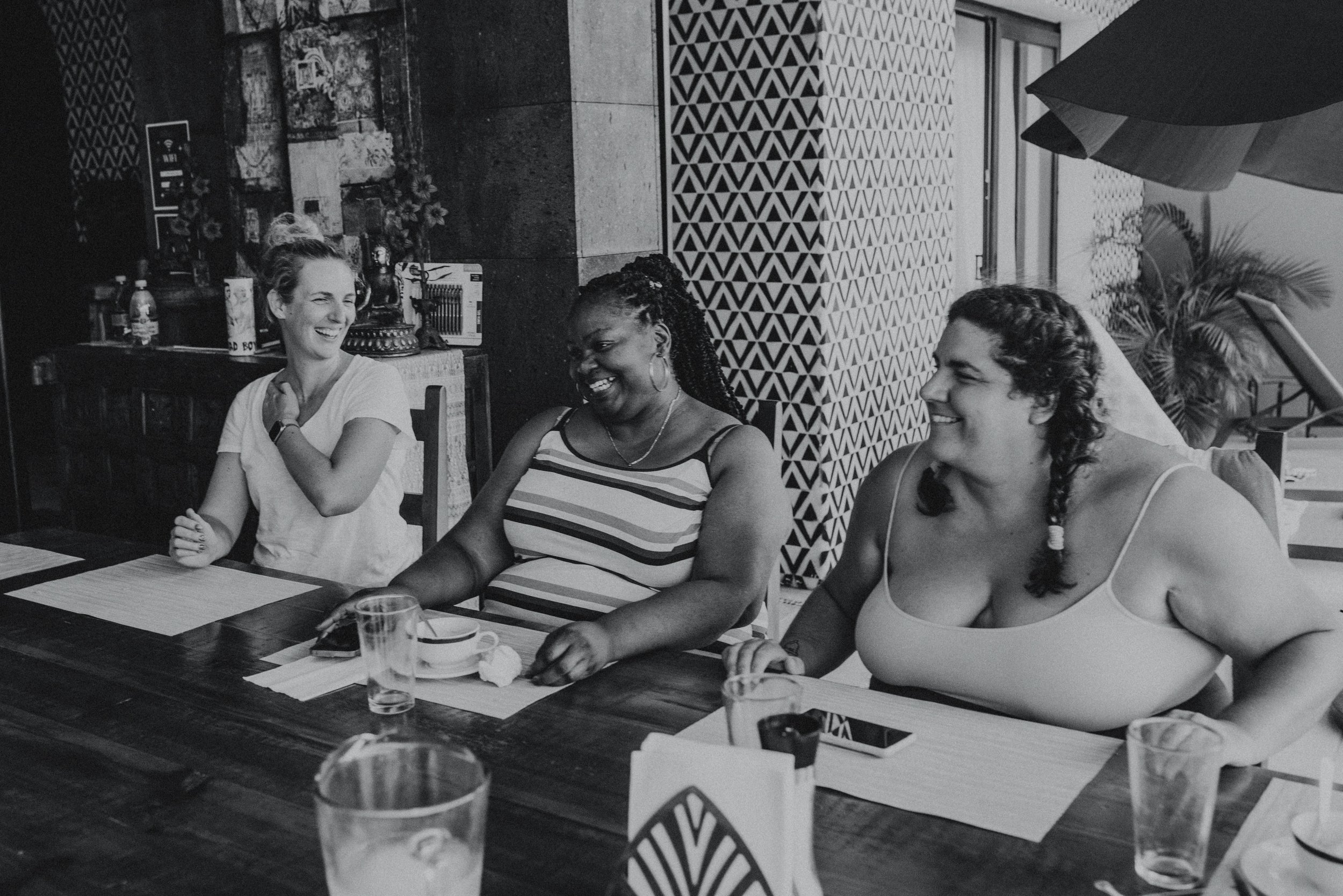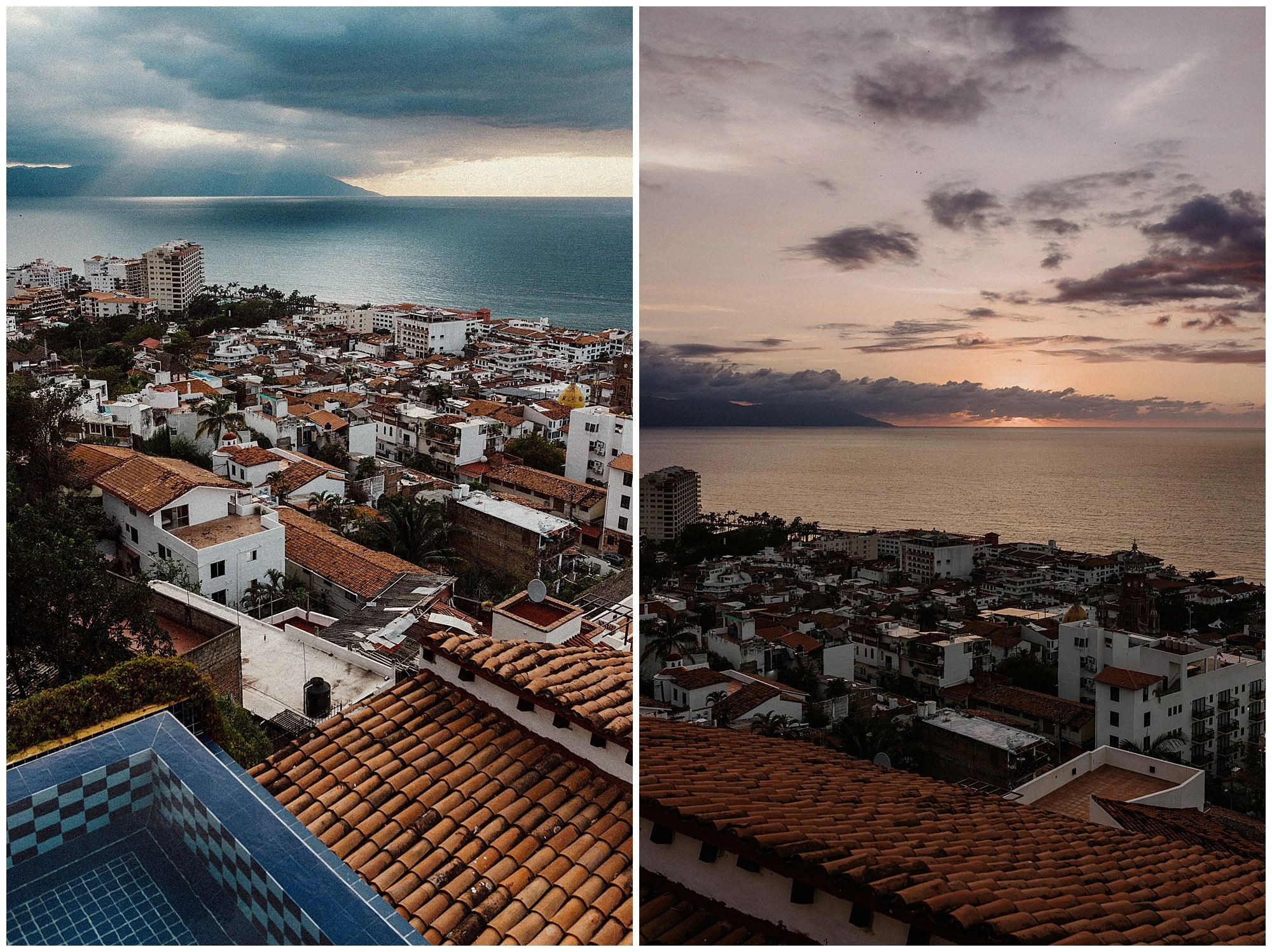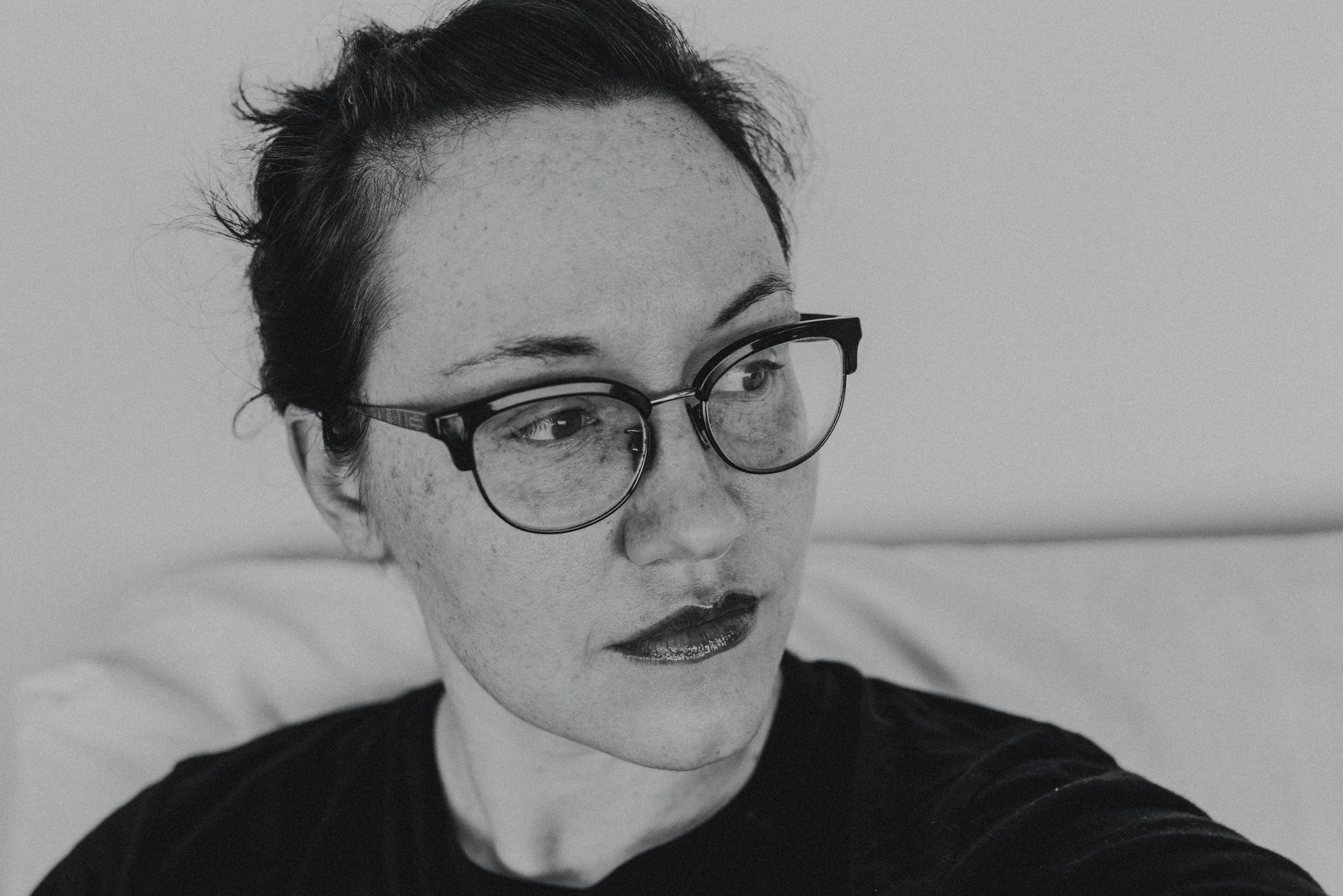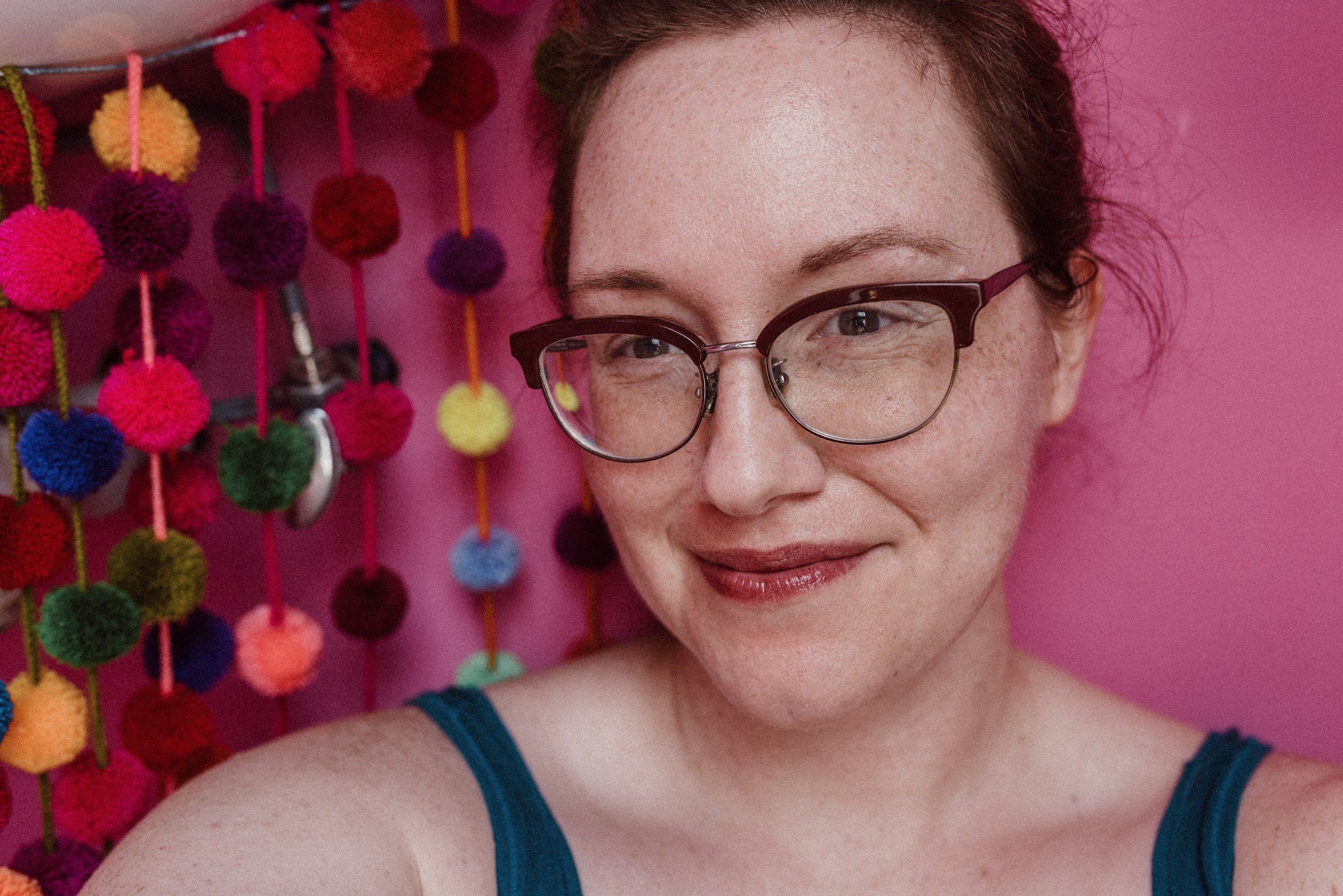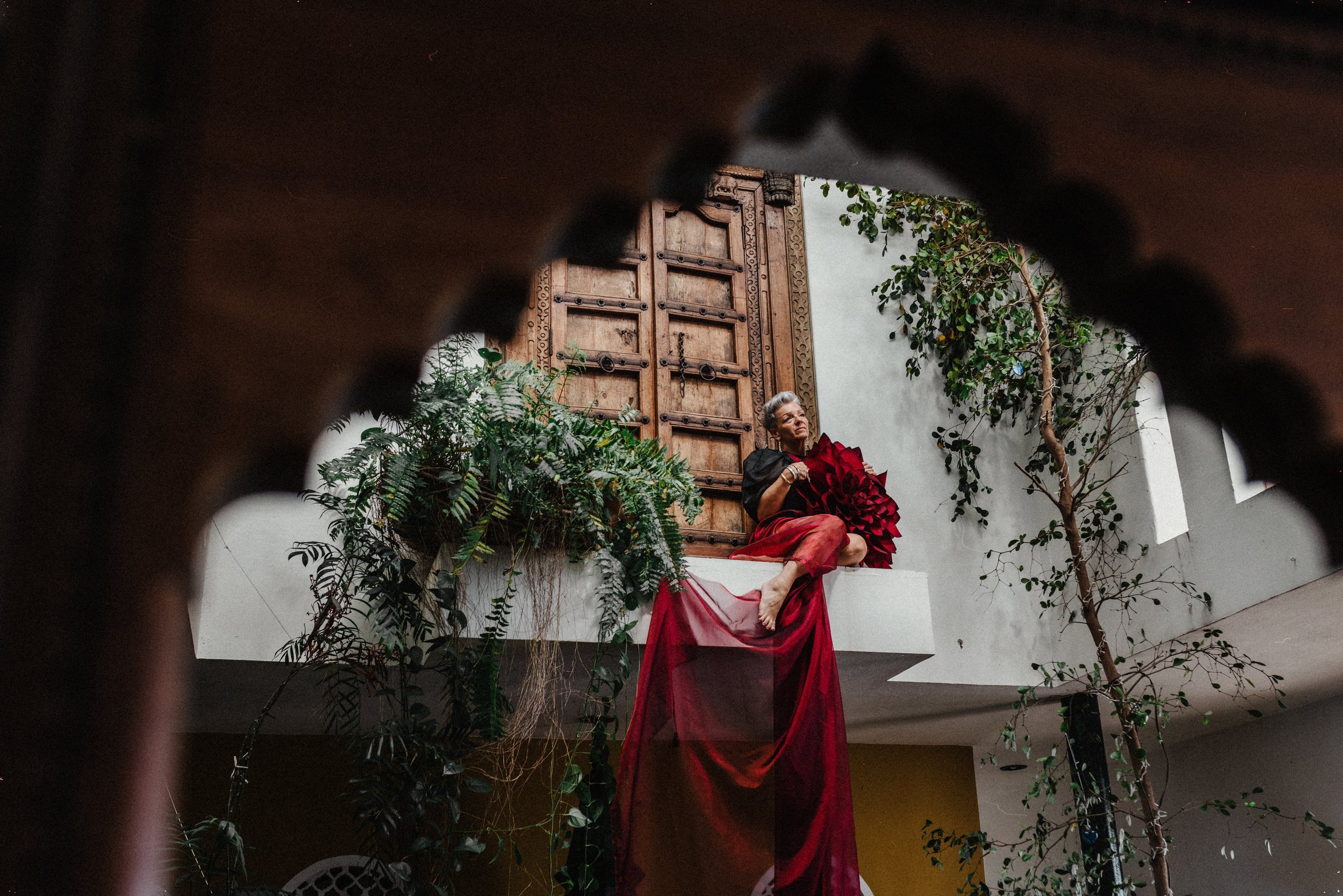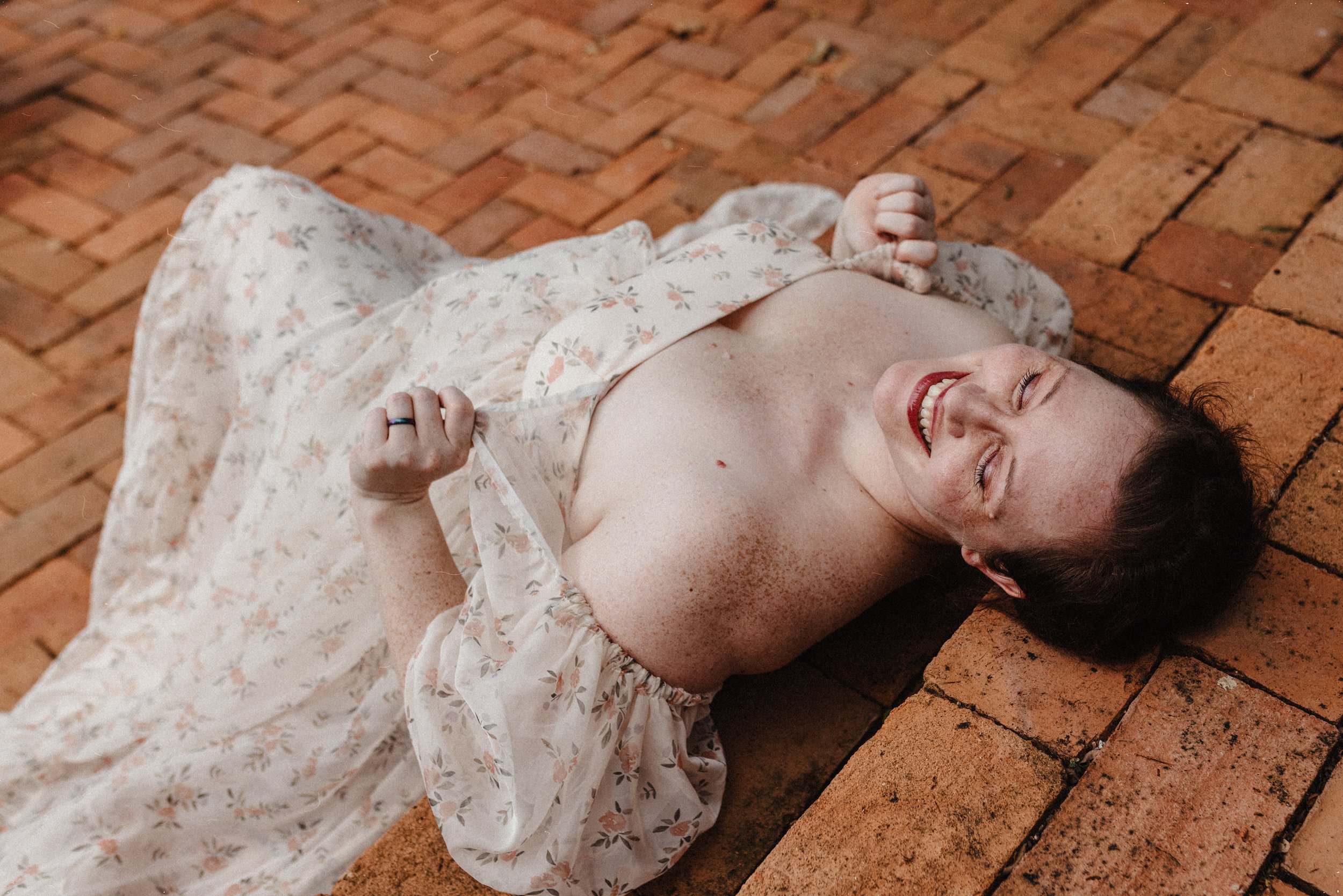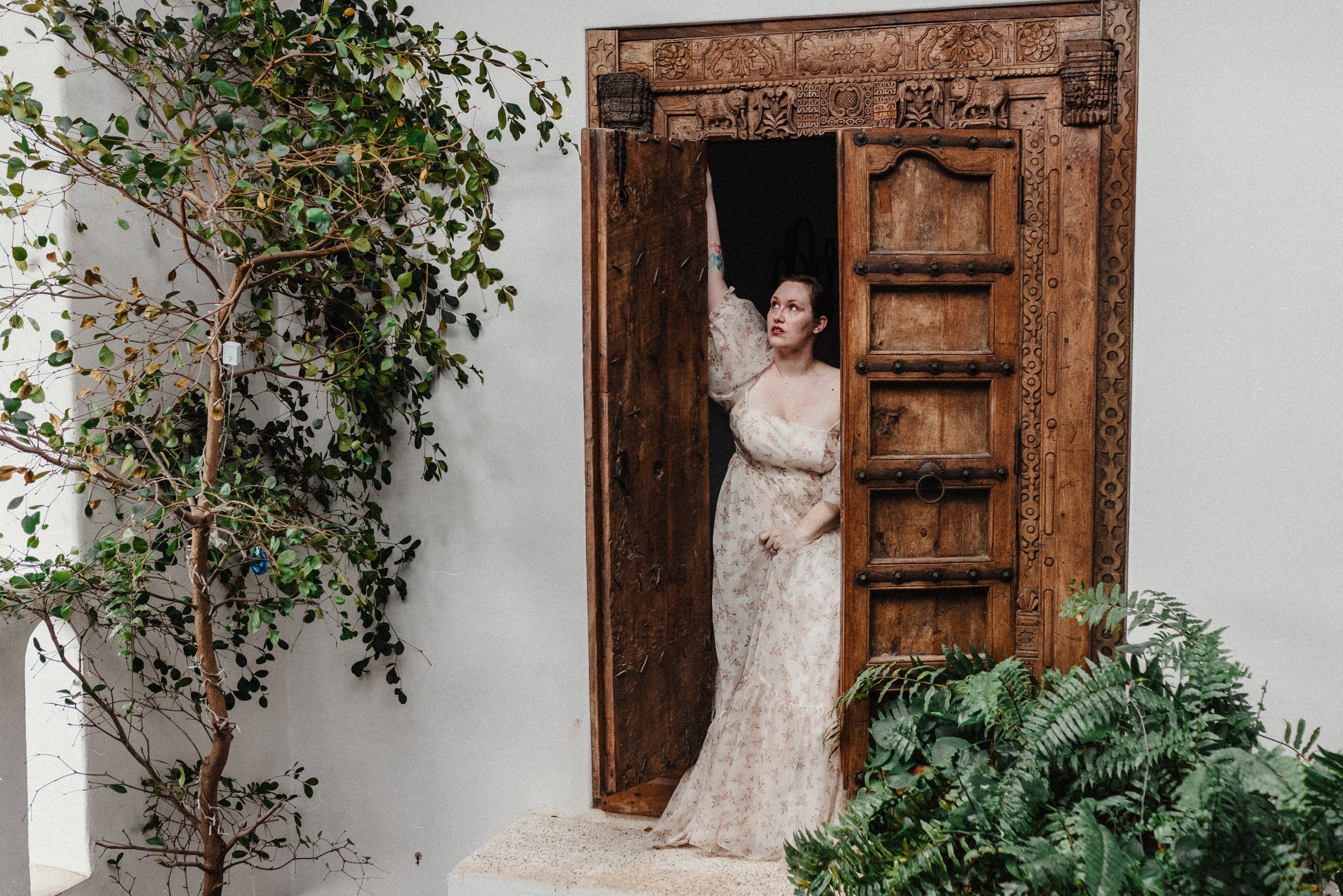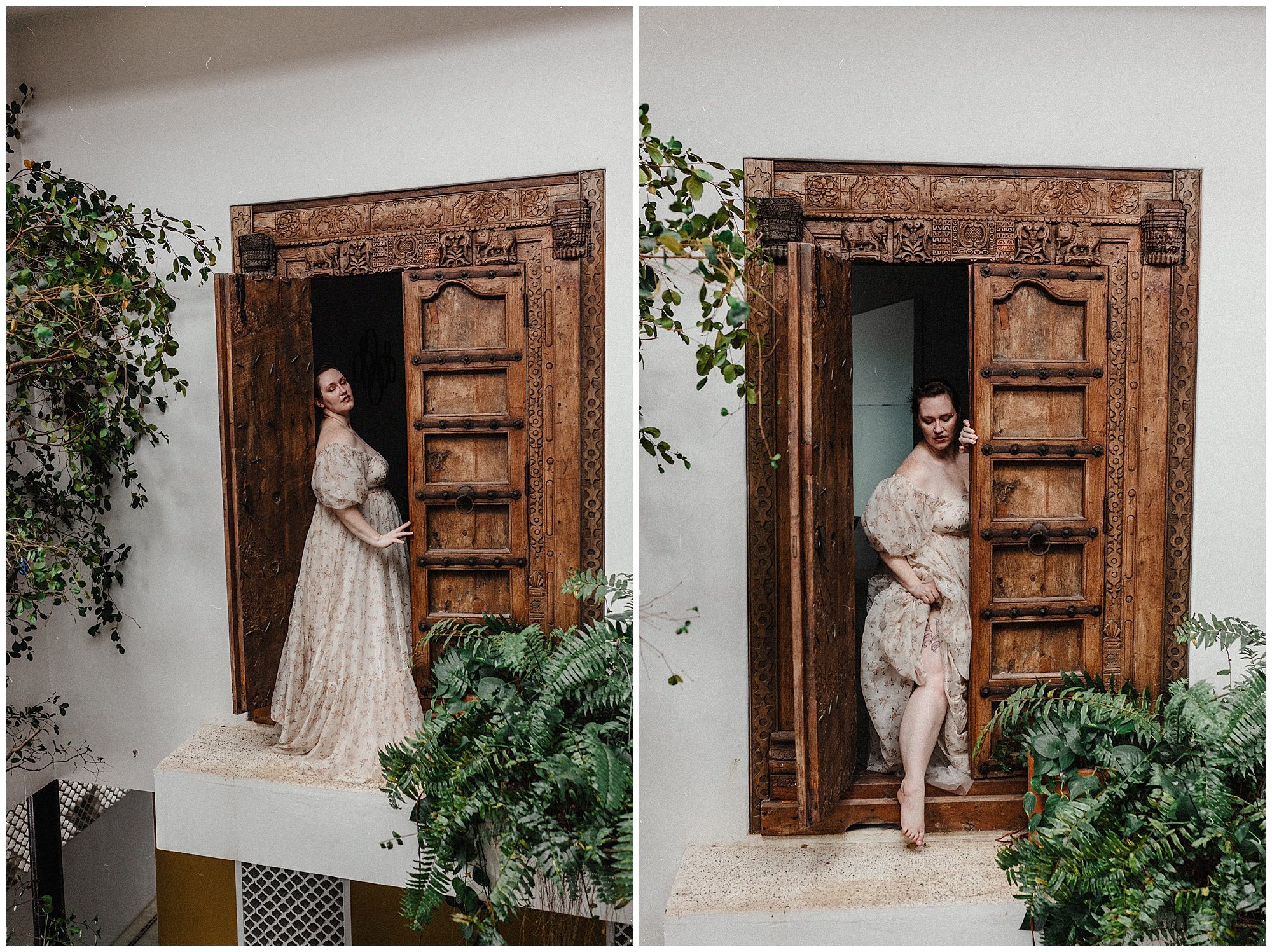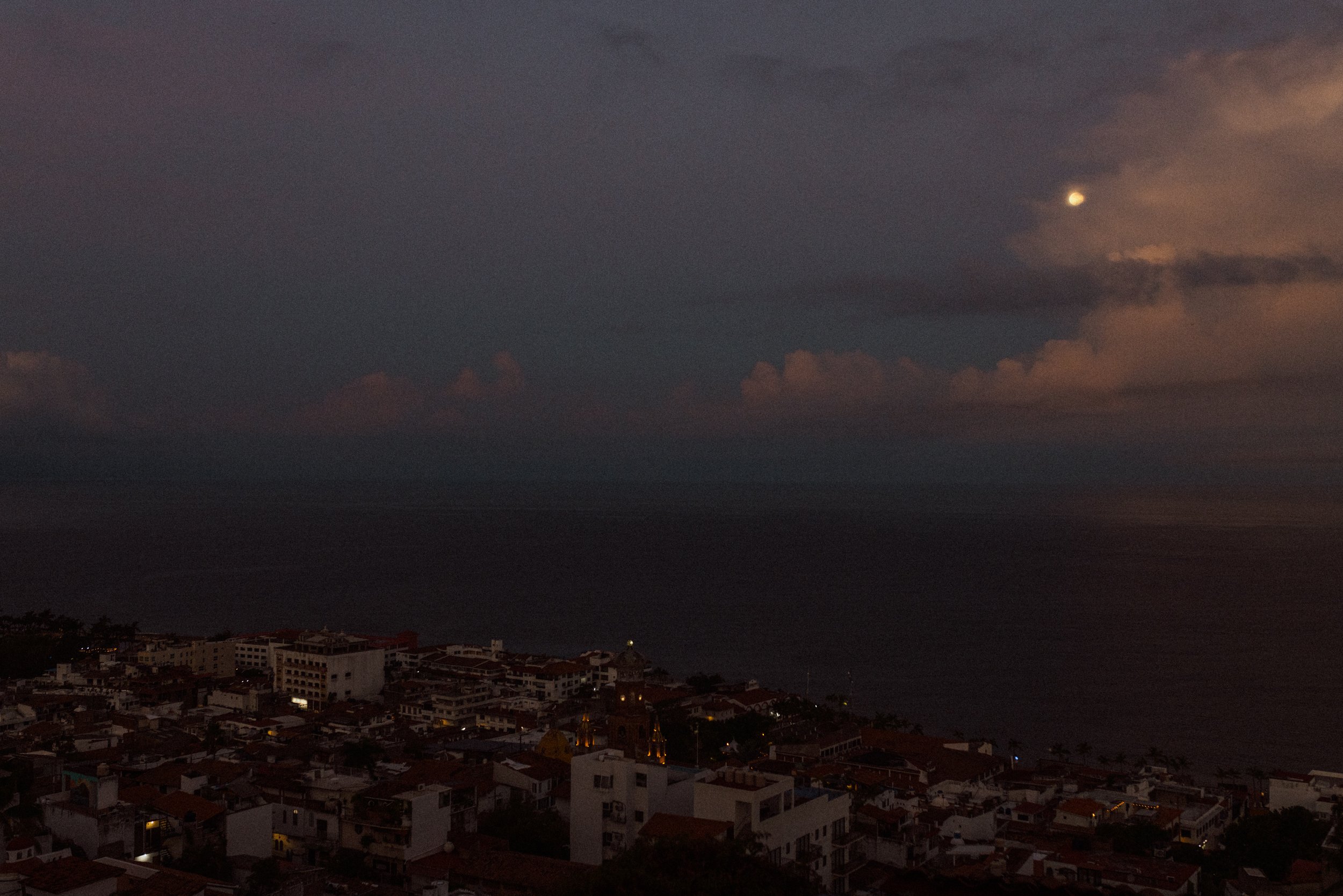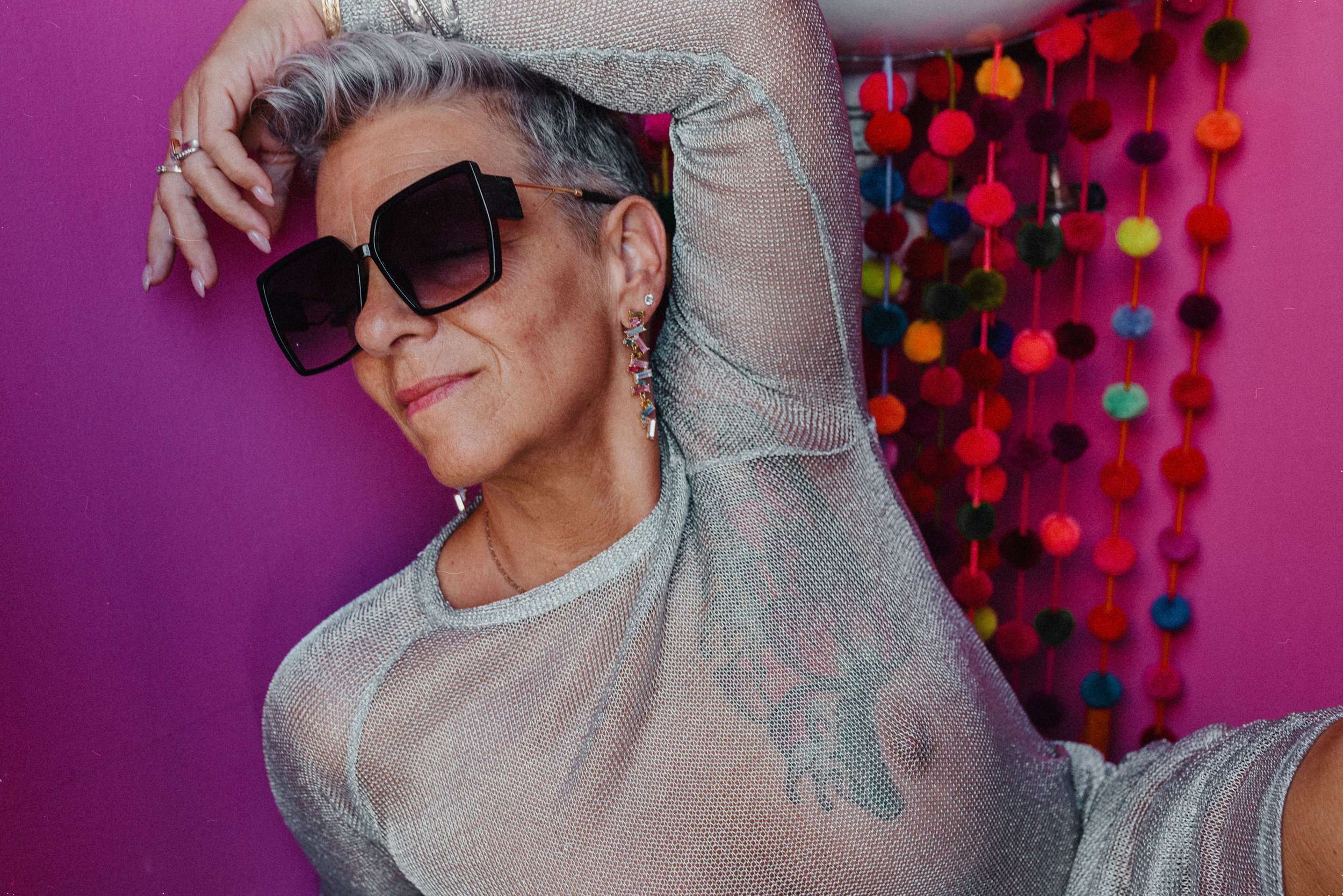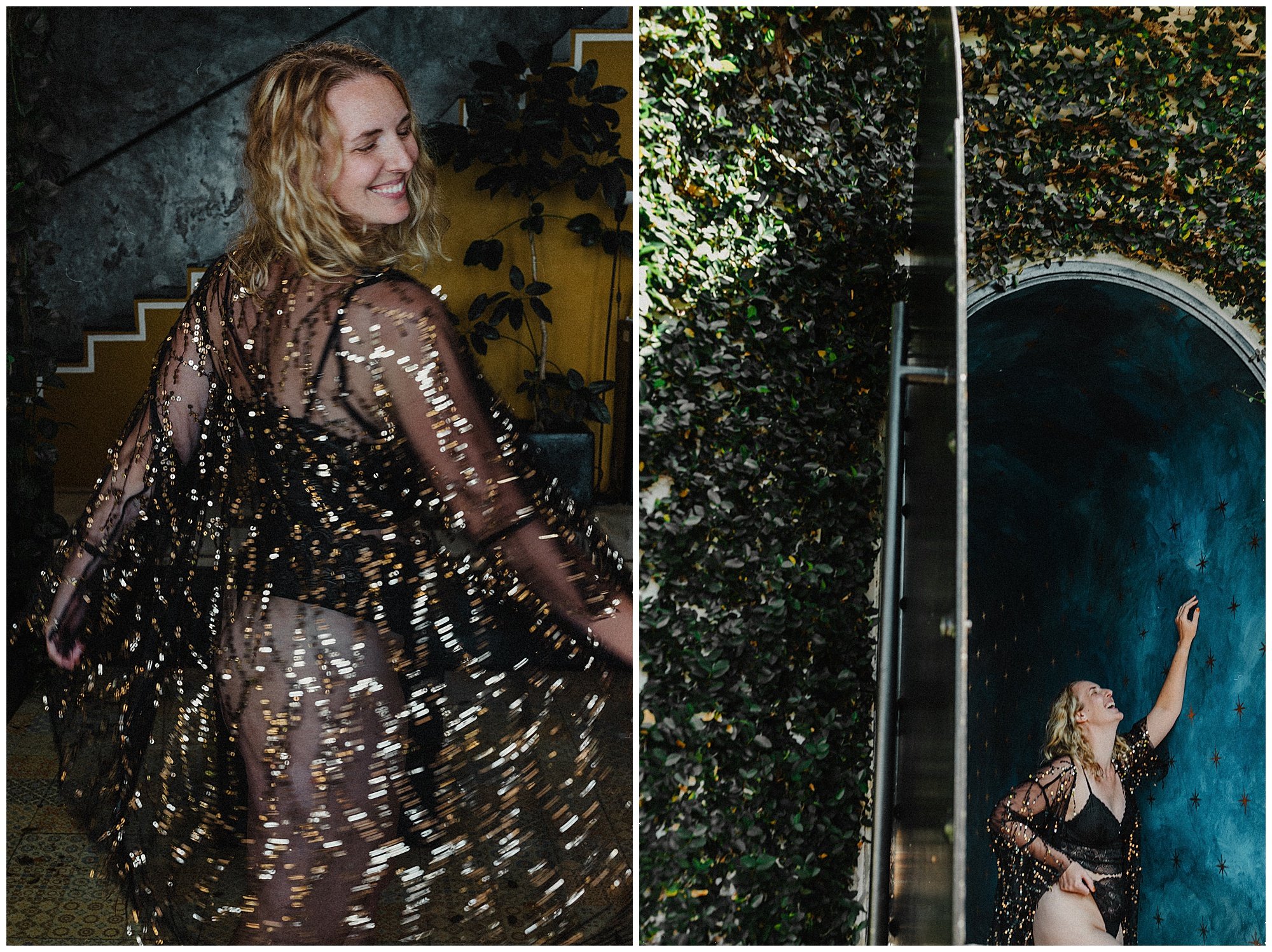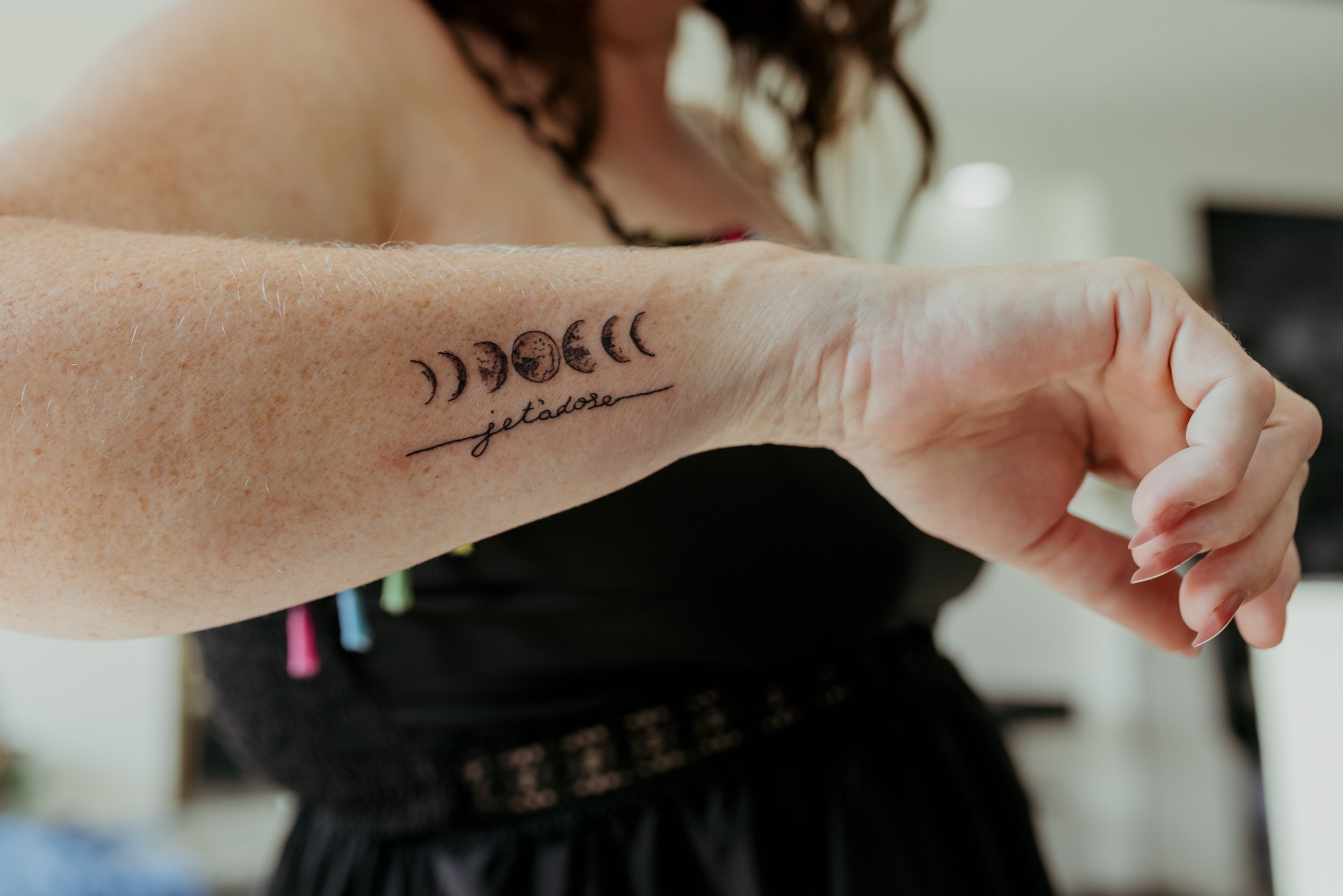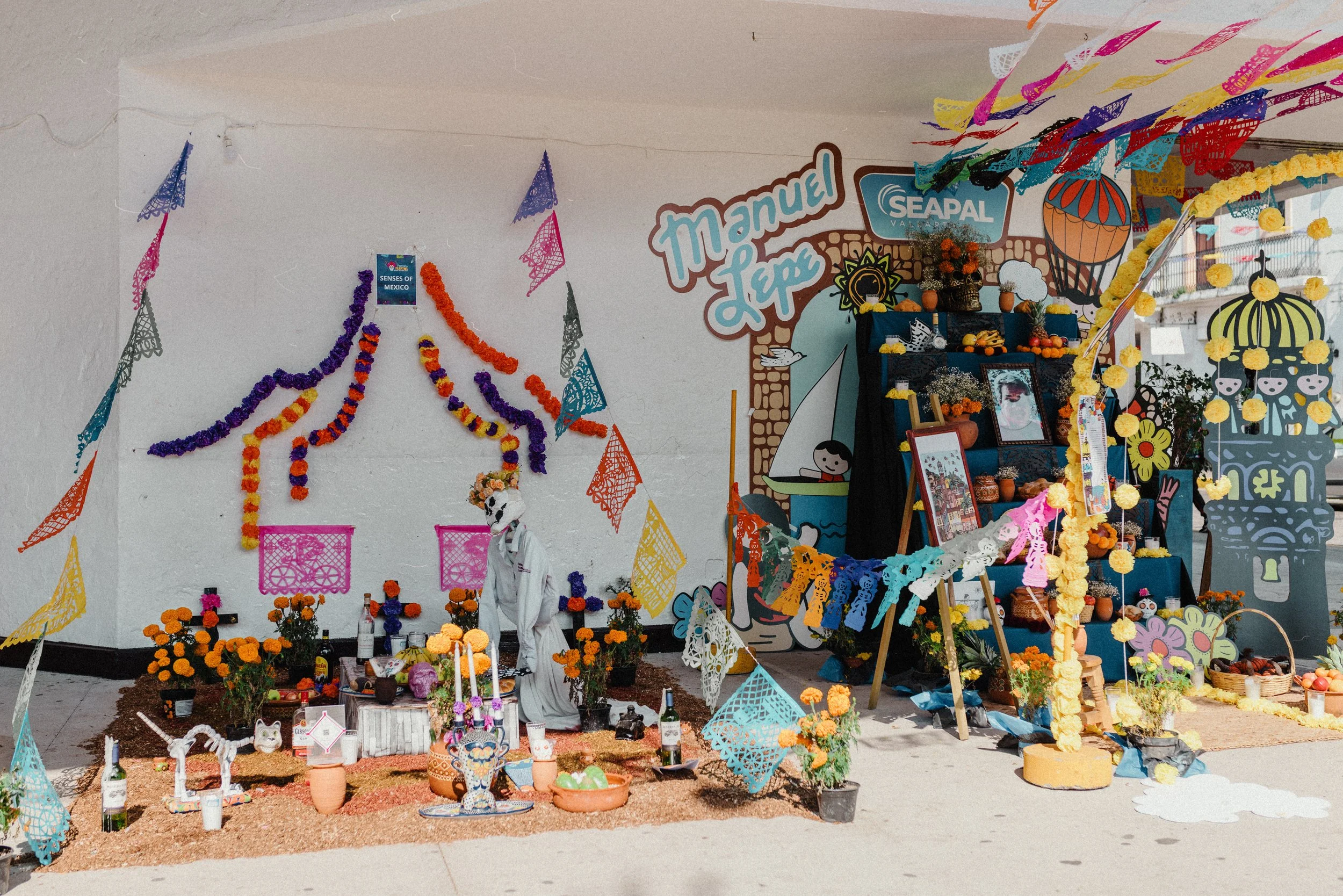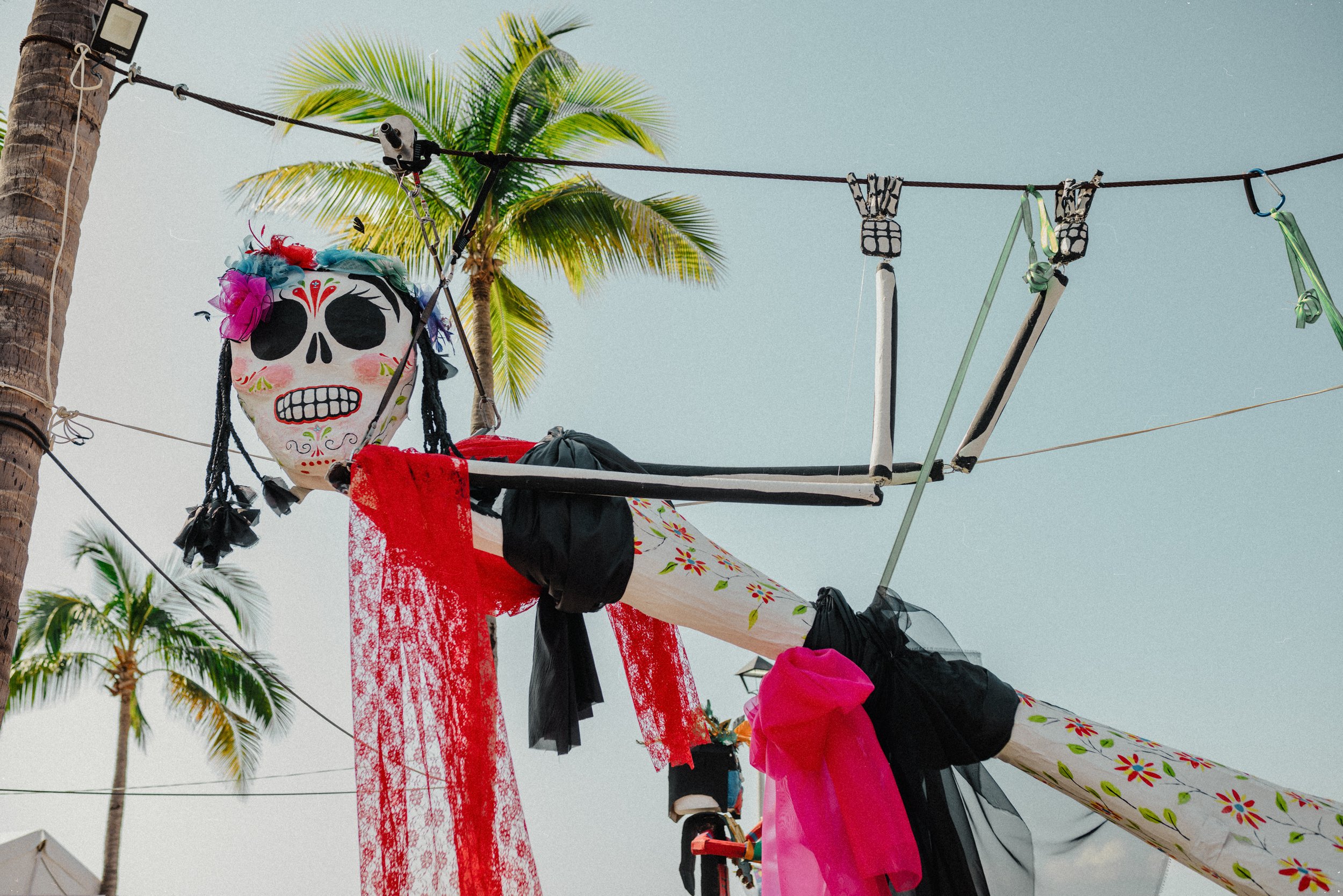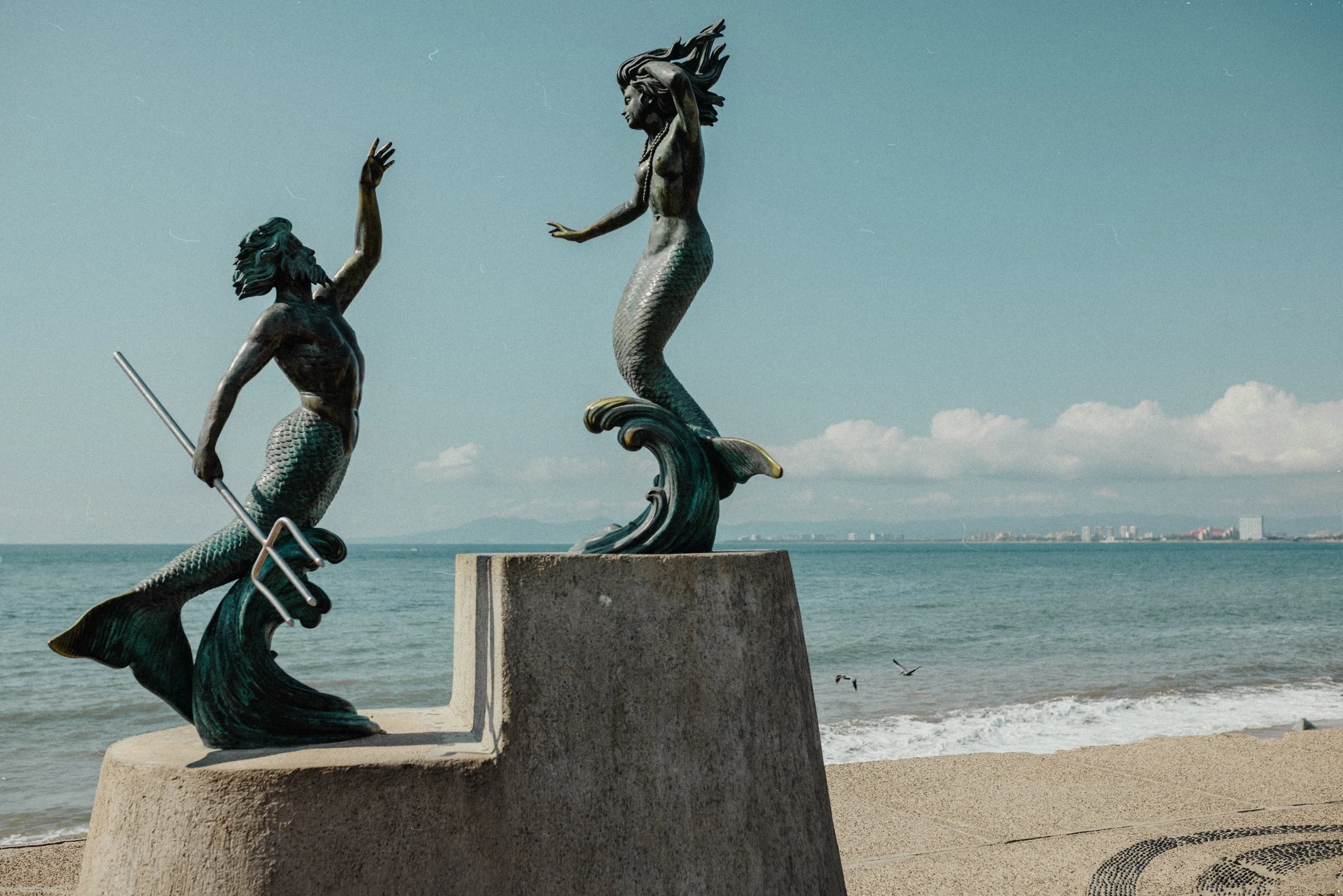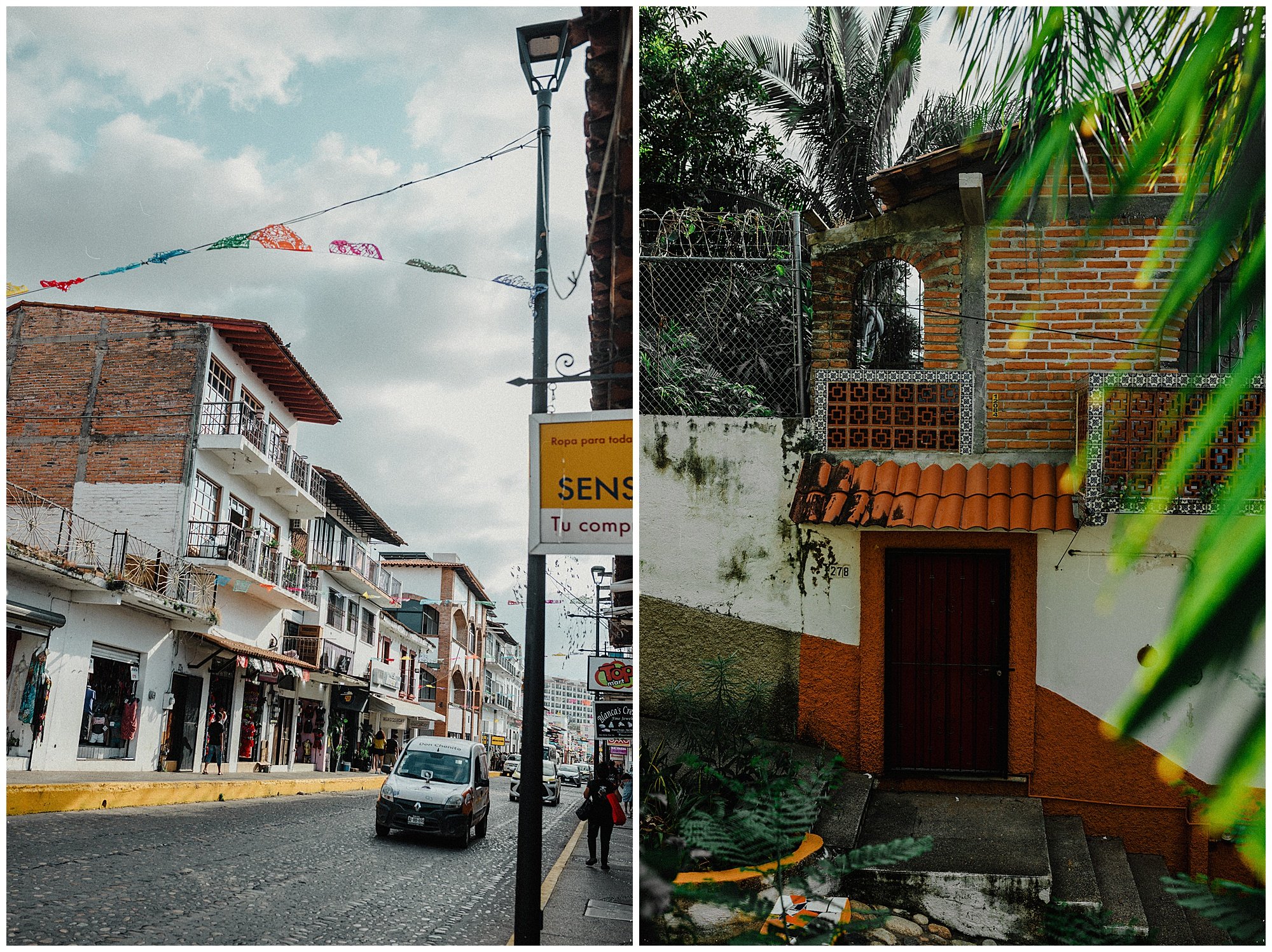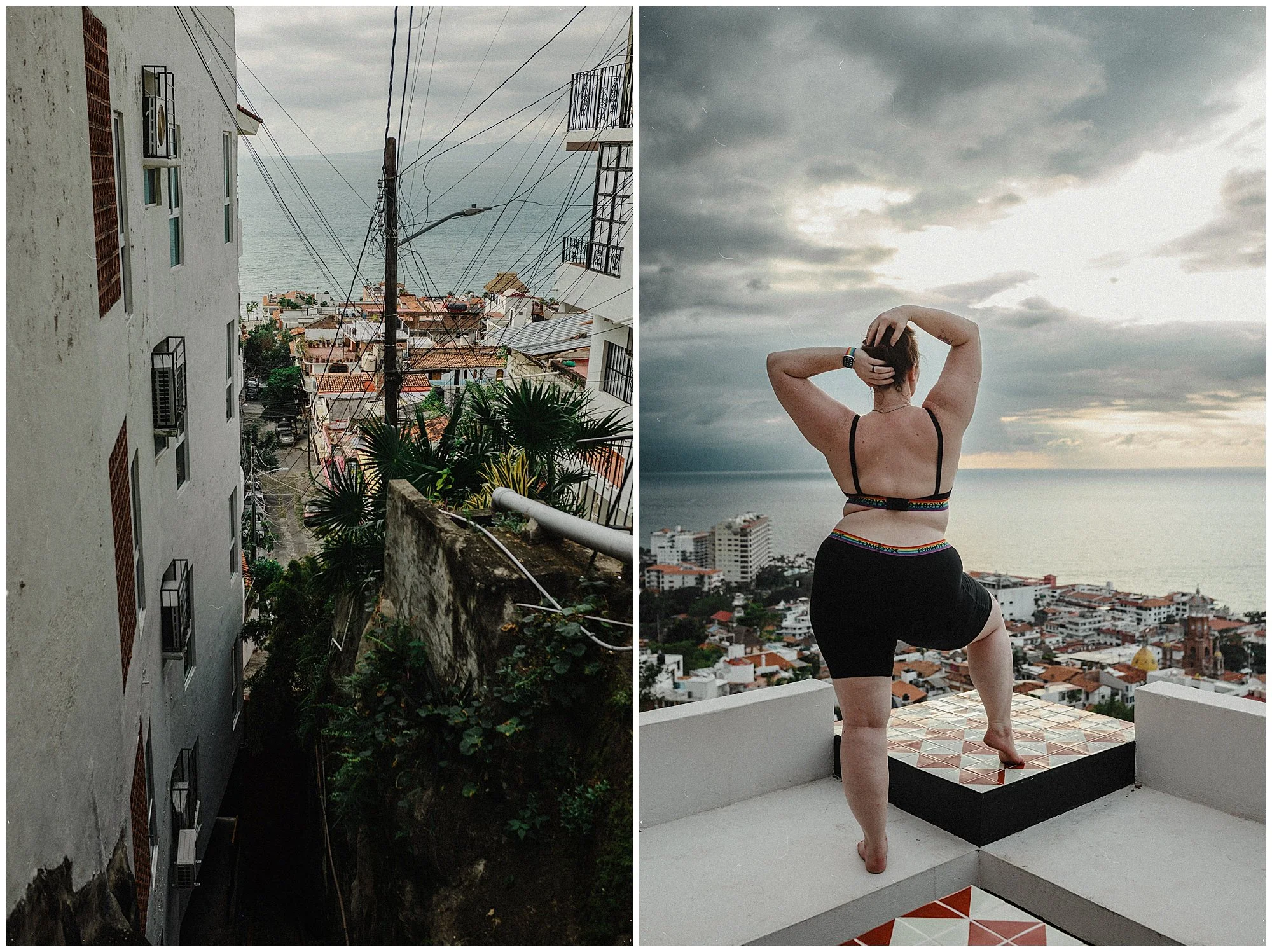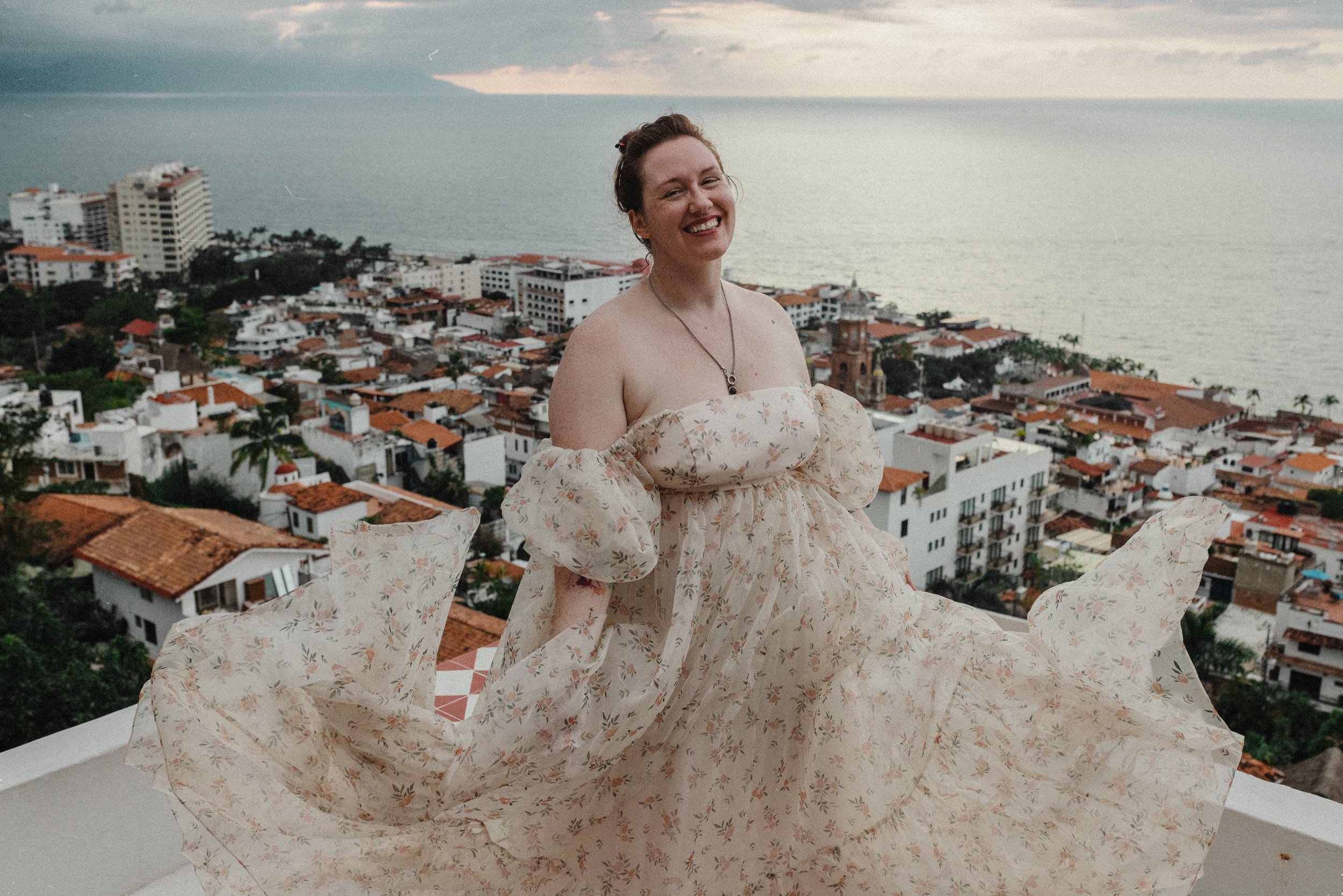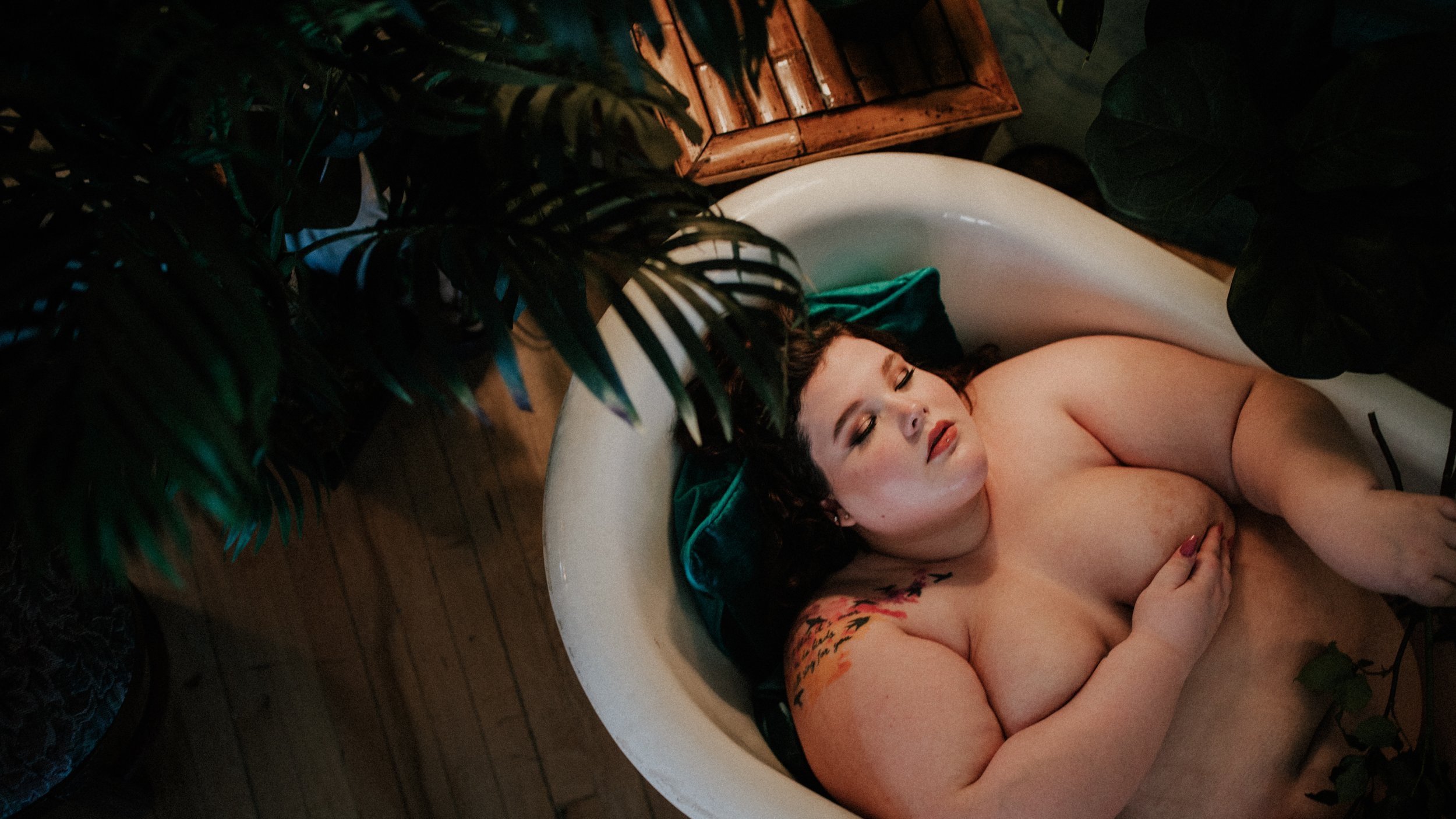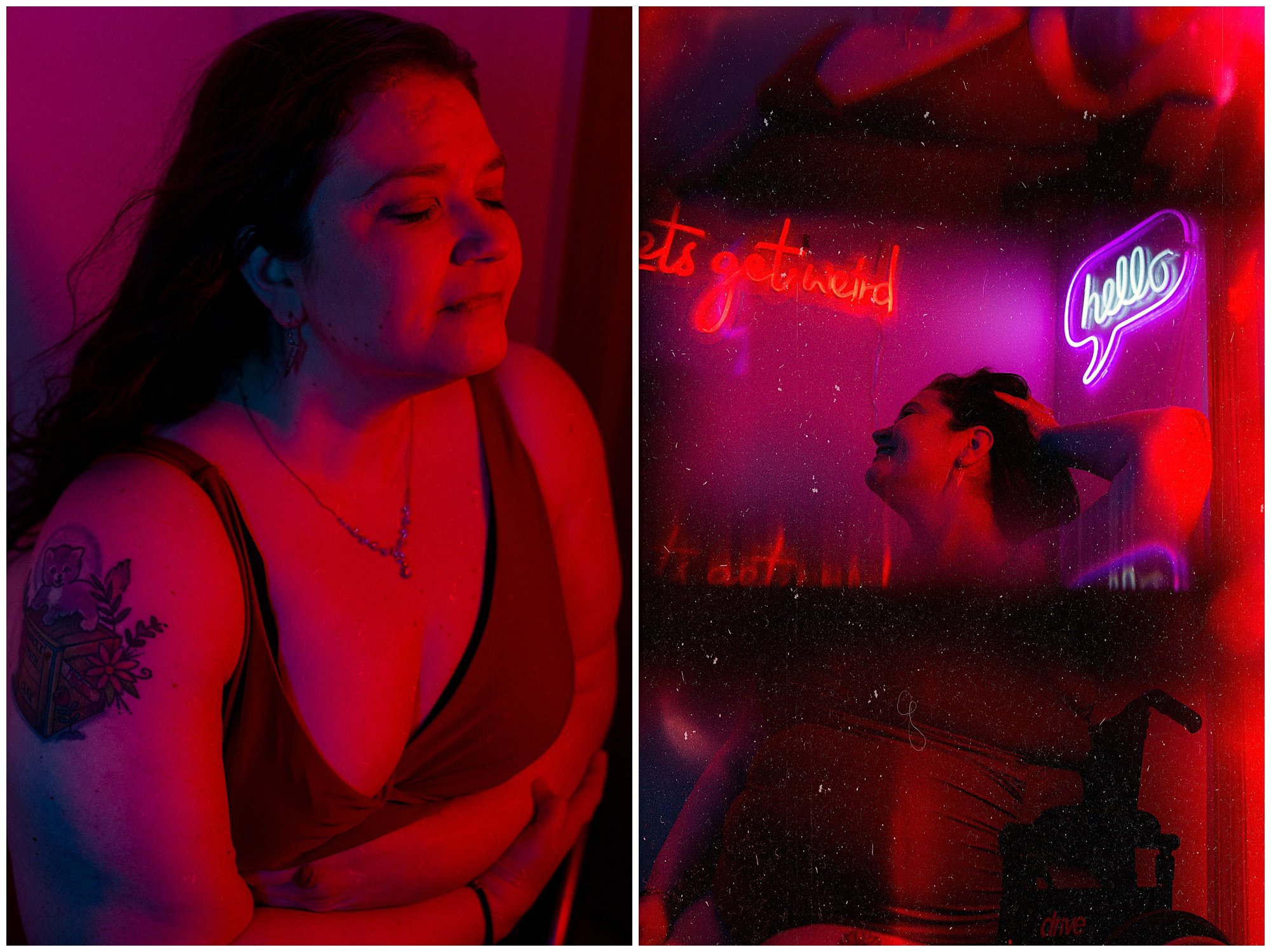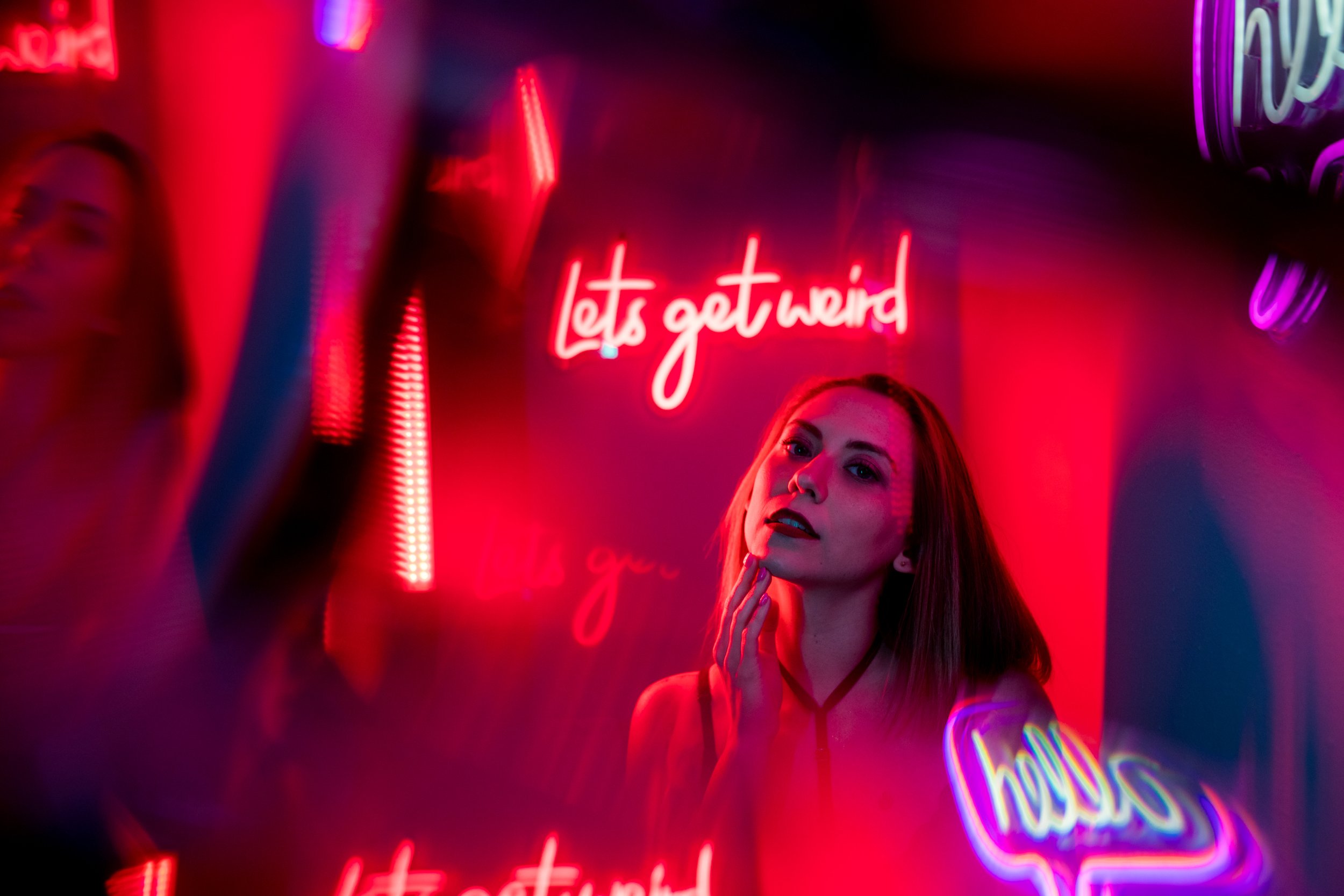“Bodies be bodies…”
…As the incomparable Teri Hofford would say. Teri’s Body Image Bootcamp was a gift I didn’t know I needed. She originally began hosting the Body Image Bootcamp (BIBC) in Puerto Vallarta, Mexico in 2018 and I’ve been wanting to go for years, but always had an excuse to put it off. I finally got my shit together this year, and was particularly excited to learn how to facilitate a BIBC here in Wisconsin, but if I thought I wouldn’t learn (and feel!) new things about body image because I’ve been on this journey for a while, boy howdy was I wrong. Like very wrong.
I have a tendency to remove the emotion from my memories and feelings. Just ask any therapist I’ve ever been to. I can recount some pretty horrific stuff like I’m ready a grocery list, ten steps removed from it. This is obviously a coping mechanism, and my brain’s way of protecting me, but it can sometimes be a barrier to breakthroughs and knowing this about myself, I was a little worried I wouldn’t connect, not only with other BIBC attendees, but also with myself. I also had all the normal (normal???) worries about not fitting in, being the odd woman out, not making friends, and not belonging that I tend to have going into every social situation, and add to that my concerns about being in a country where I don’t speak the language. All these thoughts had me pretty nervous about what to expect and what the experience would be like for me.
Turns out, I was worried for nothing. I arrived a day early and stayed at Hacienda Buenaventura and immediately was able to connect with one of my fellow BIBC attendees, a French Canadian woman who was staying at the same hotel pre-bootcamp. We had such a lovely dinner getting to know each other that it immediately put my mind at ease about the workshop, and eased my fears around not fitting in. We took an Uber together to the BIBC villa, then rode the sky bucket (what we lovingly call the outdoor funicular elevator thingy that ferried us up and down the steepest part of the hill and hauled us right to the BIBC doorstep). We were greeted with hugs and limeade (two of my favorites things) and my new companion and I were the first to arrive and the first to choose our rooms! Day one was largely settling in, greeting new arrivals (more hugs, more limeade) and swimming naked in the infinity pool with an AMAZING view of Puerto Vallarta and the ocean (I never want to swim with a bathing suit on again). That first evening, we were served a delicious meal, then headed to the rooftop fire pit area to talk through Clifton Strengths (which if you haven’t heard of it, I highly recommend checking it out here!) We laughed and chatted and got to know one another a bit, then all headed off to bed (avoiding stepping on any of the many gecko friends all over the open-air parts of the villa at night).
The next morning was the official “Day 1” of the bootcamp, and that’s when I knew this wasn’t going to be just surface level stuff. While I won’t recount everything we learned or did, one of the most powerful moments for me happened on Day 1, when we were asked to take 10 minutes and write down a list of every mean or negative thing we say to ourselves (or have said to ourselves). I was super honest with this exercise, and didn’t realize that part 2 was to hand our list over to a partner. The person we were paired up with then read our list out loud, as though they were saying these things to themselves. I would never, never say things as mean as what I’ve said to myself to another creature, and just hearing those words come out of someone else’s mouth made me weep. I was crying like a baby before we were even halfway through the list. This one small moment was so monumentally eye-opening, and says so much about how we’re willing to treat ourselves, versus how we treat others.
Days 2 and 3 were a happy blur of meaningful discussions, tears, hugs, good food, and photos. At the end of Day 3, the last day of the bootcamp, we discussed ways to continue body image work as we head back into the world, and had a glitter graduation ceremony where we helped each of our fellow attendees heal parts of themselves where they struggle with body image most, and thanked each other for witnessing us, and basked in the gentle healing that comes along with being truly seen. And bonus, I got cute cat stickers on my bum!
The day after our glitter graduation ceremony was a free day of sorts, where we had massages, bummed around Puerto Vallarta in small groups, and got matching tattoos! I know that sounds crazy (which is how I prefaced my text to my husband about it lol), but the discussion came up about matching tattoos, and my wonderful roommate Nathou, whose native language is French, said the phrase “je t’adore”, which means “I love you” and as we reflected over learning to love ourselves and our bodies, it just felt right as a matching tattoo idea, and so that was what we decided on! This means we also all have a little piece of Nathou (both the phrase, and for some of us, even her handwriting) with us as we go back into our lives, and a meaningful reminder to treat ourselves with love and kindness. There’s a pic below of this beautiful tattoo, which means so much to me I can’t even put it into words!
Some of my biggest takeaways from this workshop were:
You probably have more work to do on your body image than you think, even if you’ve been working on it for years
You can’t love your body if you don’t love who you are, so it’s not just about your body image, but also your self-image
The vast majority of us are searching for a sense of belonging and comparison, self-doubt, and fear robs us of the chance to make meaningful connections and impactful relationships in our lives if we let it
Being naked is a fucking gift - it’s so much easier to attain body neutrality when you acclimate yourself to your naked body, just doing its body thing
This one is aimed at moms, non-binary parents, and caretakers in particular - if it is accessible for you, try to take a solo trip just for you every now and again so you can experience being able to prioritize only yourself, even if it’s just for a day or two at a time
The world needs your softness and your vulnerability
I am so grateful to Teri for creating this experience (and to Beth, the coordination guru with whom I share a love of spreadsheets)! I know folks are going to really benefit from doing this work, and I can’t wait to bring my own spin on this bootcamp to Wisconsin! Leave a comment or shoot me an email if you have any questions! I could talk about body image, and also this bootcamp, literally all day long!
—Sam
p.s. Special thanks to Cat of Alter Ego Boudoir for taking the dress photos of me on my camera so I could edit them! You’re a doll!



